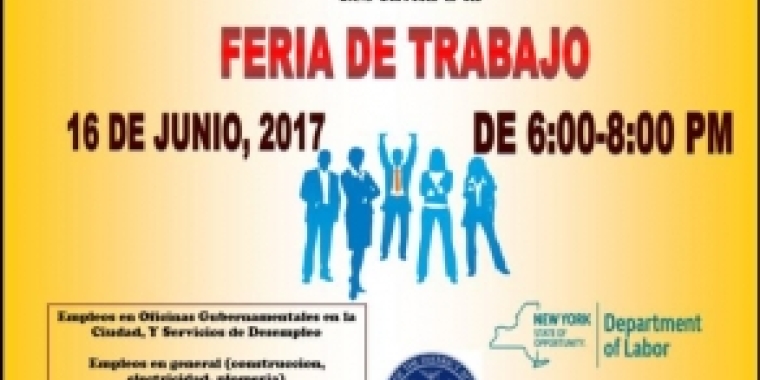
Housing Authority Approves Plan To Hike Fees, But Offers Discounts
The New York City Housing Authority will go ahead with plans to increase fees for parking, appliances and replacing recklessly damaged household items, but will offer a 20% discount to most of its residents, the agency announced on Monday, April 10.
The discount – a concession from NYCHA that followed weeks of rallies and petitions from residents, tenant leaders and elected officials – will apply to all fees and be available to seniors, the disabled and more than 80% of residents who pay less than the maximum rent, the agency announced.
Decreased revenue from the hikes will shrink NYCHA’s anticipated extra income from $12 million to $8 million, reducing the extent to which the hikes will help fill the agency’s $168 million deficit, which has attributed to dwindling federal aid and rapidly rising fuel ad pension costs.
But the agency’s chairman, Tino Hernandez, said in a statement that the compromise was necessary to calm the fears of residents living on fixed incomes.
"The discount ensures that NYCHA is protecting its most vulnerable residents from any undue financial burden," Hernandez said. The overall increase in fees balances the needs of the residents with our commitment to preserve public housing.
Under the revised plan, annual parking fees will rise from $5 to $75 ($60 with the discount). The cost for owning a dishwasher will rise from $3 to $5 per month ($4 with the discount). Washing machines, which never required a fee, will now cost $5.75 per month ($4.60 with the discount).
Replacing broken items will remain expensive – a new kitchen faucet will cost $129 ($103 with the discount), up from $87, and a new freezer door will cost $119 ($95 with the discount), up from $45 – but as always, those fees only apply if the damage exceeds the usual wear and tear.
The new parking fee takes effect on May 1, and the other fees on June 1, the agency said.
Senator Ruben Diaz, Sr., who led a rally against the initial hike proposal at Boston Road Plaza in early March, said he was glad NYCHA responded to residents’ concerns, but he also called the discounts inadequate.
Seniors, many of whom he said he must pay rent, utilities, food, medicine and other expenses with one monthly Social Security check worth about $600, should be completely exempt from the damaged-items fee, because so few would ever purposely destroy their homes and because NYCHA could use the fees as an excuse to overcharge seniors for their housing.
"What senior is going to break the toilet? What senior is going to rip the door off its hinges?" he said. "Why is it that anytime you need money, you have to hit the senior citizens? They should be living the rest of their lives under protection."
Diaz said his concerns were partly muted after a recent meeting with Hernandez during the NYCHA chairman guaranteed seniors would not be charged unfairly.
"He assured me that senior citizens have nothing to fear," the senator said. "But any senior who feels abused or that they are being charged for something they didn’t break, they should call my office, so I can contact the chairman. I’m willing to fight for them."
At the Throggs Neck Houses, a general-population, low rise complex in the east Bronx, tenant leader Dwayne Jenkins said he was concerned as well that the fee hikes might push some hardworking residents beyond their means to pay and that he would do his best to find help for struggling tenants.
But at the same time, he said, the hefty replacement fees for purposely damaged items might also work to price out long-unwanted residents who are responsible for the majority of the vandalism that holds the Throggs Neck Houses back.
"This is a way to kick out the undesirables out," he said. "You beak it – you pay for it."

